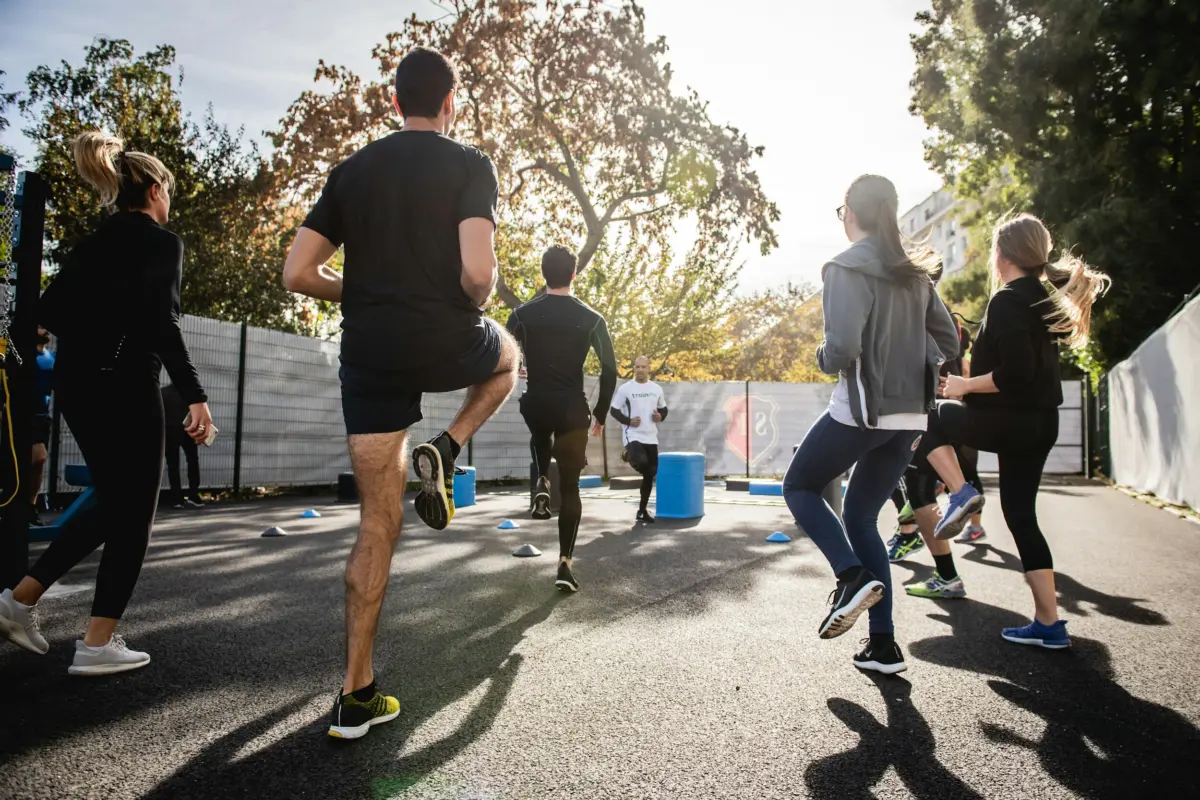In today’s fast-paced and often stressful world, many of us experience feelings of anxiety and worry on a regular basis. While there are various methods for managing anxiety, one powerful and natural approach is exercise. Physical activity has been shown to have a profound impact on mental well-being, and its ability to calm anxious thoughts is a topic worth exploring. In this blog post, we’ll delve into the ways in which exercise can help alleviate anxiety and improve overall mental health.
Understanding Anxiety and Its Effects
Anxiety is a normal and often adaptive response to stress or perceived threats. However, when feelings of anxiety become persistent, overwhelming, or disruptive to daily life, they can indicate an anxiety disorder. Symptoms of anxiety may include excessive worry, restlessness, irritability, muscle tension, and difficulty concentrating, among others. These symptoms can significantly impact an individual’s quality of life and overall well-being.
The Role of Exercise in Managing Anxiety
Exercise offers a multifaceted approach to managing anxiety and calming anxious thoughts. Here are some ways in which physical activity can positively impact mental health:
1. Stress Reduction: Physical activity has been shown to reduce levels of the body’s stress hormones, such as cortisol, while simultaneously stimulating the production of endorphins, the body’s natural mood lifters. This can help alleviate feelings of stress and tension that often accompany anxiety.
2. Distraction and Focus: Engaging in exercise can provide a healthy distraction from anxious thoughts and worries. Focusing on the physical sensations and movements involved in exercise can redirect attention away from anxiety-inducing stimuli, promoting a sense of mindfulness and present-moment awareness.
3. Neurotransmitter Regulation: Regular exercise has been found to positively impact neurotransmitter levels in the brain, including serotonin, dopamine, and norepinephrine, which are important for mood regulation. This can contribute to a more balanced and stable emotional state, reducing the intensity of anxious thoughts.
4. Improved Sleep Quality: Anxiety can often disrupt sleep patterns, leading to fatigue and exacerbating anxious feelings. Regular physical activity can help regulate sleep patterns, leading to improved sleep quality and a more rested mind.
Types of Exercise for Anxiety Relief
Various forms of exercise can be beneficial for managing anxiety. These include:
1. Aerobic Exercise: Activities such as brisk walking, running, swimming, and cycling can elevate heart rate and stimulate the release of endorphins, providing a natural mood boost.
2. Yoga and Tai Chi: These mind-body practices incorporate breathing techniques, meditation, and gentle movements, promoting relaxation, stress reduction, and emotional balance.
3. Strength Training: Engaging in resistance training can help release pent-up tension and provide a sense of empowerment and accomplishment, which can positively impact mood and self-esteem.
Incorporating Exercise into Your Routine
To experience the anxiety-relieving benefits of exercise, it’s important to find activities that you enjoy and can sustain over time. Aim for at least 150 minutes of moderate-intensity exercise per week, as recommended by health guidelines, and consider integrating a combination of aerobic, strength training, and mind-body exercises into your routine.
The relationship between exercise and mental well-being is undeniable, and the positive impact of physical activity on anxiety management is well-documented. By incorporating regular exercise into your lifestyle, you can harness its power to calm anxious thoughts, reduce stress, and improve overall mental health. Whether it be through a brisk morning walk, a yoga session, or a weightlifting workout, finding activities that resonate with you can make a significant difference in your mental and emotional well-being.
It’s important to note that while exercise can be a valuable tool for managing anxiety, it is not a substitute for professional treatment. If you are experiencing persistent or severe anxiety, it’s essential to seek guidance from a mental health professional who can provide personalized support and treatment options.
In conclusion, the potential of exercise to calm anxious thoughts and contribute to overall mental wellness should not be overlooked. By making physical activity a regular part of your routine, you can harness its powerful effects on stress reduction, neurotransmitter regulation, and emotional well-being. Remember that taking care of your mental health is just as important as caring for your physical health, and exercise offers a natural and accessible way to support both.
If you are currently dealing with anxiety, consider incorporating exercise into your daily life and observe the positive impact it can have on your mental state. Your journey toward better mental well-being can begin with a single step, a mindful breath, or a few moments of movement. Embrace the power of exercise as a tool to calm your anxious thoughts and cultivate a healthier, more balanced mind.
Ultimately, the combination of exercise and, if needed, professional support can empower you to take control of your mental health and lead a more fulfilling life. Let physical activity become a source of empowerment, resilience, and tranquility as you navigate the path toward greater mental well-being.



